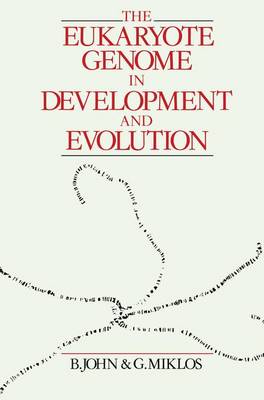'The mind unlearns with difficulty what has long been impressed upon it. ' Seneca Reductionism, is, without question, the most successful analytical approach available to the experimental scientist. With the advent of techniques for cloning and sequencing DNA, and the development of a variety of molecular probes for localizing macromolecules in cells and tissues, the biologist now has available the most powerful reductionist tools ever invented. The application of these new technologies has led to a veritable explosion of facts regarding the types and organization of nucleotide sequences present in the genomes of eukaryotes. These data offer a level of precision and predictability which is unparalleled in biology. Recombinant DNA techniques were initially developed to gather information about the structure and organization of the DNA sequences within a genome. The power and potential of these techniques, however, extend far beyond simple data collection of this kind. In an attempt to use the new technology as a basis for analyzing development and evolution, attention was first focused on the topic of gene regulation, an approach that had proven so successful in prokaryotes. It is now clear that this has not been an adequate approach. Lewin (1984) has quoted Brenner as stating 'at the beginning it was said that the answer to the understanding of development was going to come from a knowledge of the molecular mechanisms of gene control. I doubt whether anyone believes this any more.
- ISBN13 9780045750337
- Publish Date 26 November 1987
- Publish Status Active
- Publish Country NL
- Publisher Springer
- Imprint Kluwer Academic Publishers
- Edition 1988 ed.
- Format Paperback
- Pages 416
- Language English
